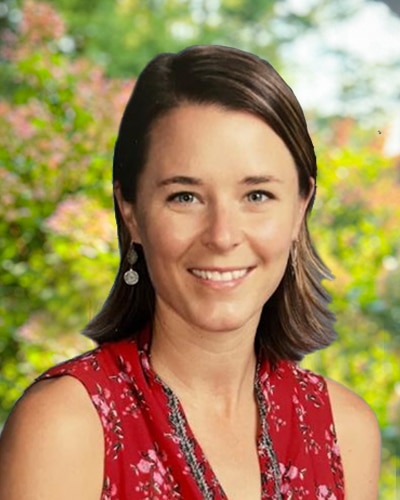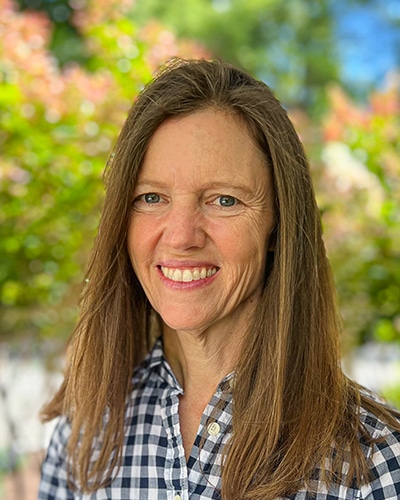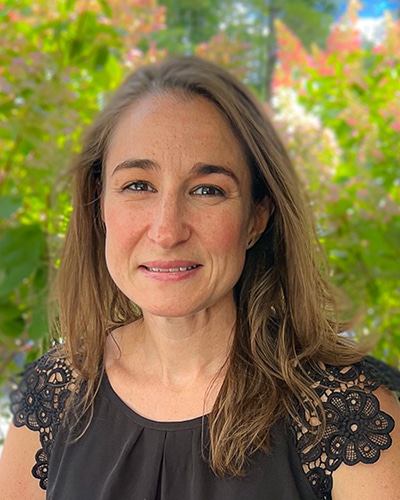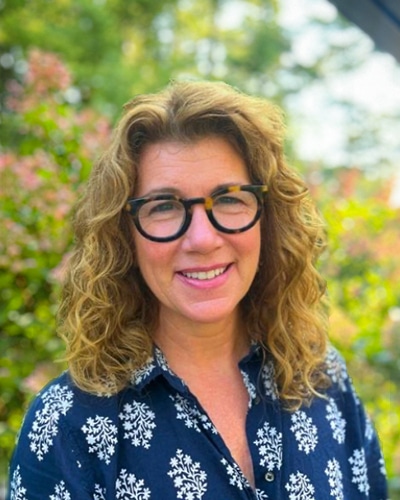Third Grade
With an initial focus on continued addition and subtraction, students demonstrate mastery of facts and learn to use various methods (trade-first, borrowing, counting up, etc.) to find solutions to problems with multi-digit numbers. They use bar models to represent multiplication and division situations. They are encouraged to illustrate their work in multiple ways and use manipulatives to practice grouping. Students explain their thinking, present their work, and double-check their computations. Students will review real life scenarios in measurement and solve problems. They explore fractions as parts of wholes and parts of a group and create visual models to deepen their conceptual understanding of fractions. Throughout the year, students will solve real-world problems involving addition, subtraction, multiplication, division, measurement, and money.
Reading skills are practiced and strengthened including phonics, oral reading fluency, silent reading stamina, comprehension, and vocabulary. Students receive instruction in various forms as needed for their independent growth and development. Third Graders develop comprehension checks for following a story thread. They tackle multisyllabic words and figurative language and learn to envision and predict a story’s evolution. Students approach nonfiction with a focus on constructing mental summaries of the texts, including big ideas and supporting information. Third Graders study fictional characters in depth. They also consider the lessons a character learns and compare and contrast characters, settings, and themes. Students form research groups and read a collection of texts on a topic. They focus on synthesizing and organizing information.
Third Grade is introduced to French using a comprehensible input approach to language. This method aims to replicate how native language is learned by children. The method focuses on storytelling and songs to introduce students to language. The goal is to build vocabulary and comfort with the language and to engage the students in a natural environment. In this manner, students acquire the language that is meaningful to them.
Science instruction begins in the Third Grade. The science classes are a blend of science disciplines, including life, earth, physical, environmental science, engineering and design, and robotics. Topics include: flight and air, kitchen chemistry, forensics, physics of moving objects, pond/stream exploration, simple machines, the body: hearing and the ear, bones and the skeleton.
In Third Grade, students continue the Responsive Classroom methods at a higher level. Their morning meeting messages, shares, and activities are more complex and expectations have increased given their age and abilities. This includes keeping classroom materials organized, particularly at their individual desks and in cubby spaces, knowing where their notebooks and materials are for different classes they attend throughout the day, and stepping in to help others around them as needed. During their SEL classes, students continue working together in their Character Strong lessons.
BCD’s music program is composition focused. BCD uses a blend of traditional and non-traditional music instruction in order to make music more accessible to all student abilities. Using an “Action Learning” approach to music instruction, students put into practice what they learn in class by creating music that is meaningful to them. Students explore composition through the utilization of Orff instruments, singing, ukulele, bucket drumming, and music technology.
Lower School students are introduced to projects to help them develop fine motor skills as well as basic art ideas and concepts through experimenting and discovery in different art mediums. The skills include drawing, painting, cutting, ripping and gluing. The concepts include some basic color theory (primary, secondary, complimentary colors), line weight, and basic composition. Some of the mediums include painting/drawing, collage, ceramic sculpture, pottery, and plaster.
Students in the Lower School participate in the Lower and Intermediate School chorus. They have a weekly chorus practice session and present joyful performances at school assemblies and gatherings.
Students begin their experiments in the Imagination Lab in Kindergarten which continues throughout their journey at BCD. Lower School students will have hands-on experience in the Makerspace and Imagination Lab, with engaging STEAM projects appropriate to their developmental level.
Lower School classes focus on the introduction of basic wilderness skills and to familiarize the students with the nature around them. Themes include Wilderness Safety, Plant & Tree Identification, Animal Adaptations, Hibernation and Migration, Winter Wildlife, Animal Tracking, Birds, and Nature Journaling. Each academic theme will feature lessons and interactive games and activities, creating a fun learning experience for the students.
In Lower School, the students participate in sequential activities designed to develop their motor skills, movement patterns, body & spatial awareness, balance, coordination, and ball skills. A variety of equipment will be utilized to help in the students development of these skills, including: balls, cones, hoops, jump ropes, etc. We are also focused on instilling confidence in the students, creating an encouraging and supportive environment where they feel comfortable trying new skills and aren’t afraid to make mistakes. Fair play and cooperation will be a focal point throughout the course, as we lay the foundation for team sports.
Department Faculty
